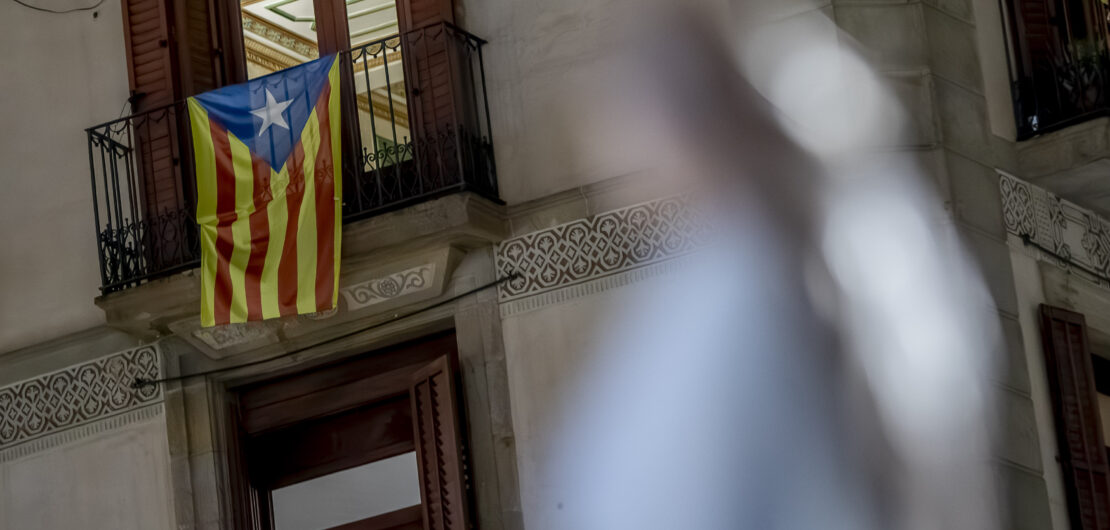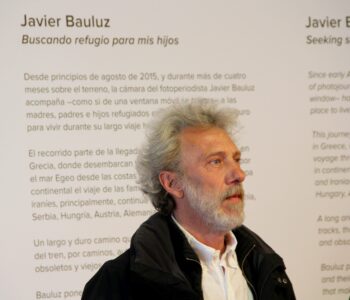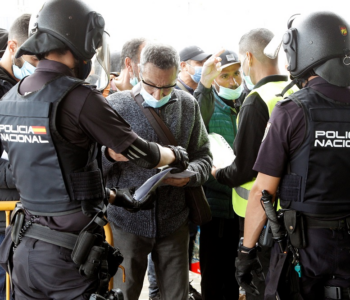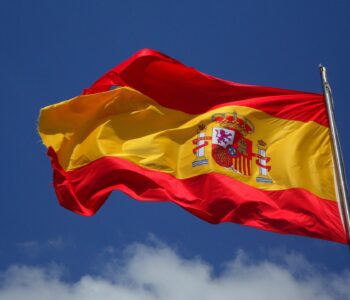 Library
Library
Terrorism investigation into Catalan journalist raises concerns ahead of…
Terrorism investigation into Catalan journalist raises concerns ahead of elections
Journalists and media freedom organisations express concern over the investigation for terrorism of Catalan journalist Jesús Rodríguez Sellés, now residing in Switzerland. The investigation, lasting for four years after the alleged crime, coincides with negotiations over the amnesty law for pro-independence leaders. Fearing politicisation of the case, the Media Freedom Rapid Response partners call for a review of the investigations’ circumstances, allowing Rodríguez Sellés to continue his journalism freely.
The partners of the Media Freedom Rapid Response today expressed concerns over the terrorism investigation by the Spanish authorities of journalist Jesús Rodríguez Sellés. The journalist left Spain for Switzerland citing a lack of guarantees for practicing his profession and the threat of arbitrary arrest in Spain.
Rodríguez Sellés is an award-winning Catalan journalist working for La Directa. In November 2023, after four years of judicial investigation he was named an official suspect of terrorism offenses for allegedly assisting in the organisation of the Tsunami Democrátic protests in October 2019. The movement was a reaction to a decision by the Spanish National High Court jailing Catalan separatist leaders over their roles in the failed bid to split from Spain in 2017.
The protests saw violence erupting in Barcelona, where protesters were accused of attacking police officers and vandalism, while the police used batons, teargas and rubber bullets against the protesters, including journalists, leading to several injuries.
On April 9, 2024, the High Court ordered Rodríguez Sellés to provide his formal address, so that he could be summoned to testify when the judge requested it. Two days later, Rodríguez Sellés announced that he had left Spain for Switzerland in order to ‘preserve his freedom’ and to be able to continue his work as a journalist. He added that he was being persecuted for ‘doing his job’.
Rodríguez Sellés is closely associated with the Catalan independence movement. He is also a prominent and respected journalist who has, among other things, exposed police crimes, abuse of power and persecution of dissent.
Rodríguez Sellés took the police to court following his assault in 2016 by riot police, leading to the conviction of one officer to a two-year prison term. The officer’s appeal is pending before the Spanish Supreme Court. Rodríguez Sellés is also pursuing a complaint against two other officers for committing perjury during the initial trial.
The investigation into the 2019 demonstrations had been ongoing for four years with no visible progress. Spanish authorities finally announced formal suspects two days after the announcement of a publicly divisive amnesty plan for separatist leaders.
The charges against Rodríguez Sellés are not formally related to his journalism. However, we are concerned that, given his record of exposing police crimes that have embarrassed the state, and in view of the political context in which the investigation was launched as well as the extreme and disproportionate nature of the charges in question criminalising dissent under the guise of anti-terrorist legislation, this investigation may be politically motivated and may also be an effort to restrict his journalism.
We therefore call on the Spanish authorities to immediately pause the investigation and to conduct a thorough and credible review to ensure compliance with fundamental human rights, including freedom of expression, and proportionality. MFRR partners will continue to follow this investigation closely.
This statement was coordinated by the Media Freedom Rapid Response (MFRR), a Europe-wide mechanism which tracks, monitors and responds to violations of press and media freedom in EU Member States and candidate countries.






